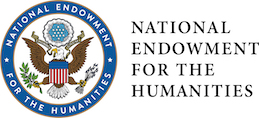Institute Faculty 2023
Principal Faculty
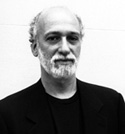 Joshua Brown is professor of history emeritus and former executive director of the American Social History Project at the Graduate Center, CUNY. He is a noted scholar of visual culture in U.S. history, and author of Beyond the Lines: Pictorial Reporting, Everyday Life, and the Crisis of Gilded Age America (2002), and co-author of Forever Free: The Story of Emancipation and Reconstruction (2005). He is currently working on a study of Civil War visual culture for which he received a Guggenheim Fellowship. Brown will lecture on the illustrated press and political cartoons and participate throughout the institute.
Joshua Brown is professor of history emeritus and former executive director of the American Social History Project at the Graduate Center, CUNY. He is a noted scholar of visual culture in U.S. history, and author of Beyond the Lines: Pictorial Reporting, Everyday Life, and the Crisis of Gilded Age America (2002), and co-author of Forever Free: The Story of Emancipation and Reconstruction (2005). He is currently working on a study of Civil War visual culture for which he received a Guggenheim Fellowship. Brown will lecture on the illustrated press and political cartoons and participate throughout the institute.
 Sarah Burns is the Ruth N. Halls Professor of the History of Art (emerita) at Indiana University. She is a leading scholar of nineteenth-century American art and popular culture, and author of award-winning studies, including Painting the Dark Side: Art and the Gothic Imagination in Nineteenth-Century America (2004) and Inventing the Modern Artist: Art and Culture in Gilded Age America (1996), and is co-editor of American Art to 1900: A Documentary History (2009). Burns will be the lead art historian throughout the institute.
Sarah Burns is the Ruth N. Halls Professor of the History of Art (emerita) at Indiana University. She is a leading scholar of nineteenth-century American art and popular culture, and author of award-winning studies, including Painting the Dark Side: Art and the Gothic Imagination in Nineteenth-Century America (2004) and Inventing the Modern Artist: Art and Culture in Gilded Age America (1996), and is co-editor of American Art to 1900: A Documentary History (2009). Burns will be the lead art historian throughout the institute.
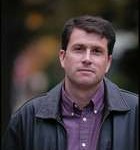 Gregory Downs is professor of history at the University of California, Davis. He is author of Declarations of Dependence: The Civil War, Reconstruction, and the Transformation of American Popular Politics (2011), After Appomattox: Military Occupation and the Ends of War (2015), and The Second American Revolution: The Civil War-era Struggle over Cuba and the Rebirth of the American Republic (2019), and co-editor of The World the Civil War Made (2015). Recipient of anACLS Digital Innovation Fellowship, he also co-wrote the National Park Service’s Theme Study on Reconstruction. Downs will be the institute’s primary faculty resource on the Civil War and Reconstruction.
Gregory Downs is professor of history at the University of California, Davis. He is author of Declarations of Dependence: The Civil War, Reconstruction, and the Transformation of American Popular Politics (2011), After Appomattox: Military Occupation and the Ends of War (2015), and The Second American Revolution: The Civil War-era Struggle over Cuba and the Rebirth of the American Republic (2019), and co-editor of The World the Civil War Made (2015). Recipient of anACLS Digital Innovation Fellowship, he also co-wrote the National Park Service’s Theme Study on Reconstruction. Downs will be the institute’s primary faculty resource on the Civil War and Reconstruction.
Visiting Lecturers and Session Leaders
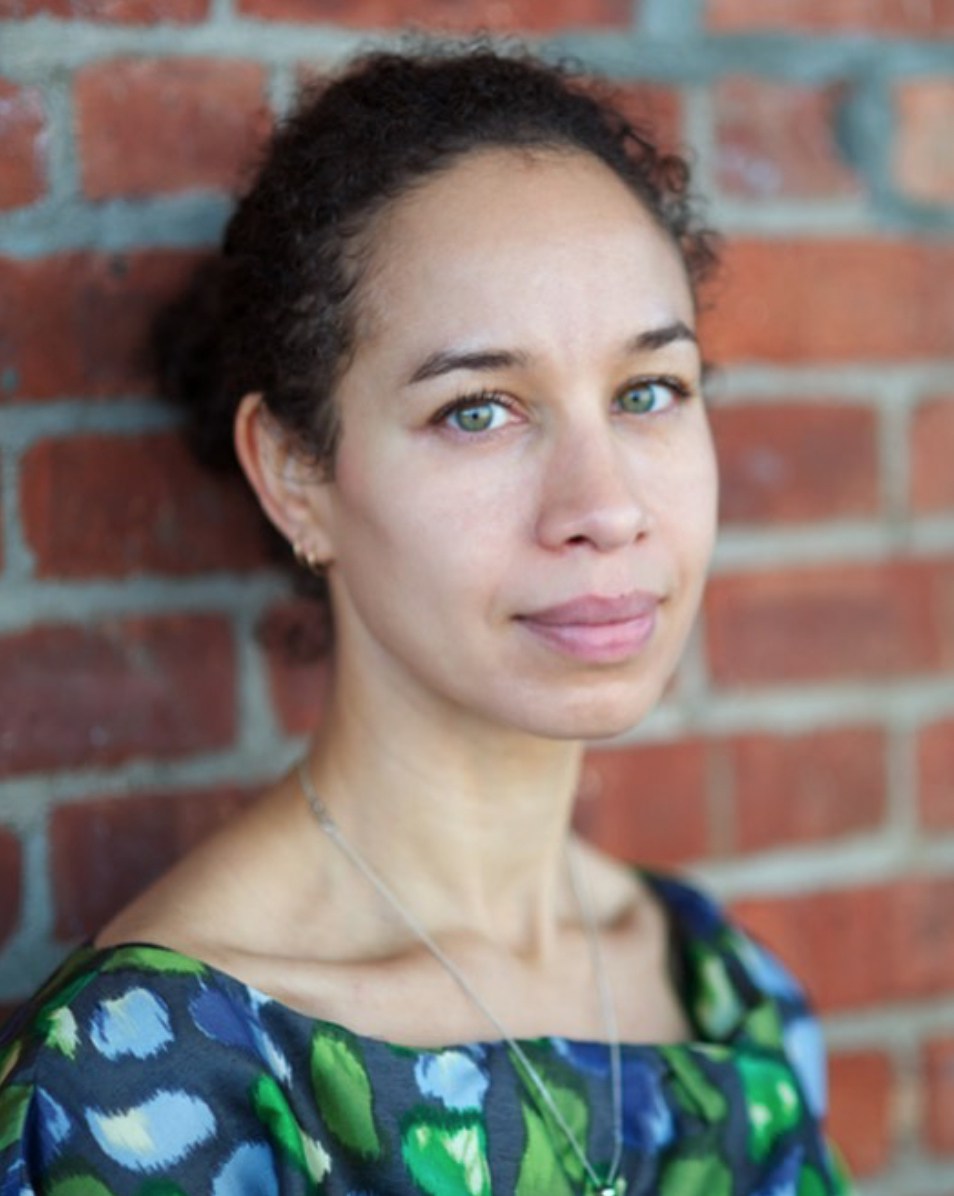 Louise Bernard is the director of the Museum of the Obama Presidential Center. She was director of exhibitions at the New York Public Library, and previously a senior content developer and interpretive planner in the New York office of the museum design firm Ralph Appelbaum Associates, where she worked on the development of the National Museum of African American History and Culture, along with other international projects. Bernard will discuss exhibitions and memorials about slavery, emancipation, Reconstruction, and Jim Crow.
Louise Bernard is the director of the Museum of the Obama Presidential Center. She was director of exhibitions at the New York Public Library, and previously a senior content developer and interpretive planner in the New York office of the museum design firm Ralph Appelbaum Associates, where she worked on the development of the National Museum of African American History and Culture, along with other international projects. Bernard will discuss exhibitions and memorials about slavery, emancipation, Reconstruction, and Jim Crow.
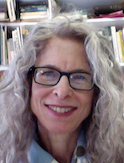
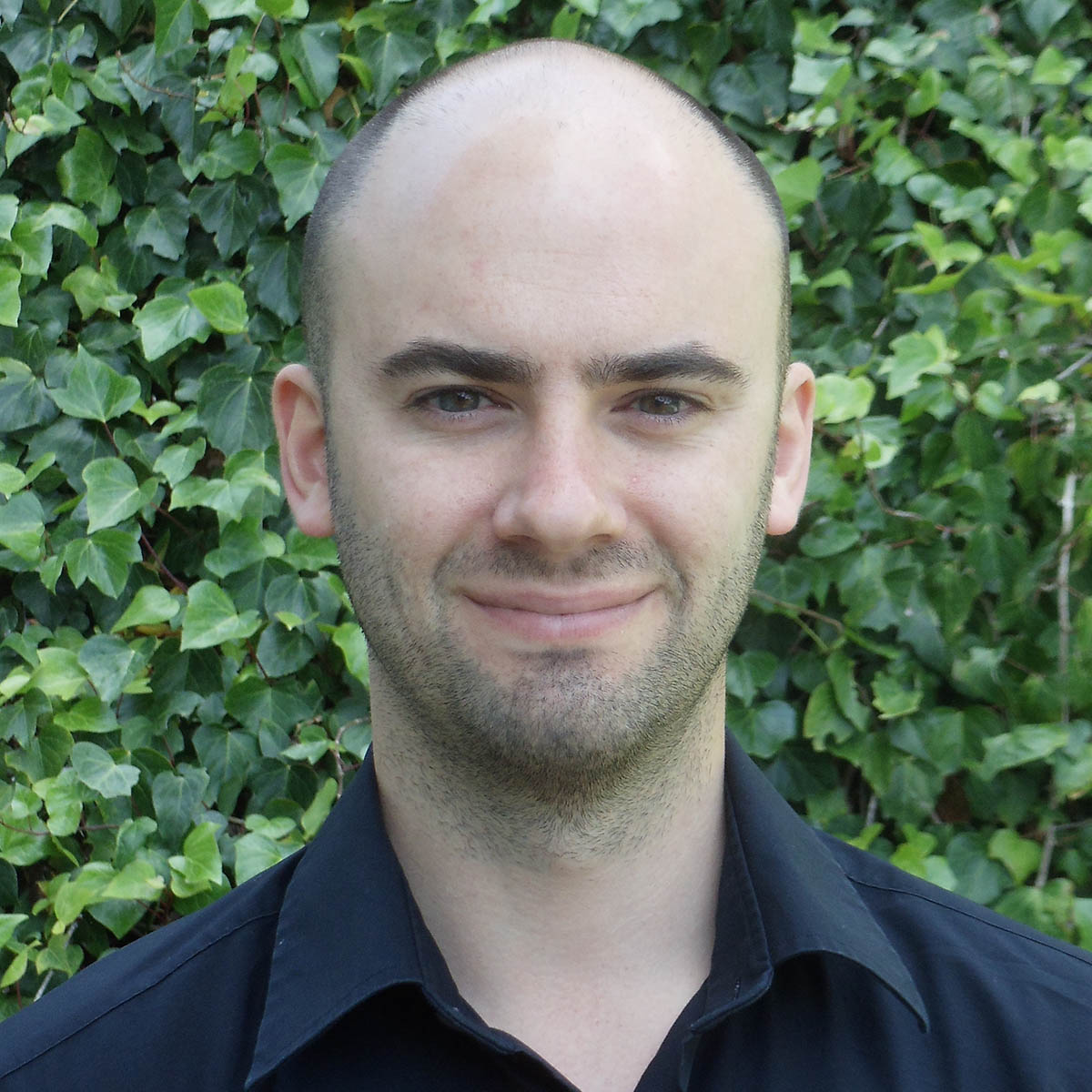 Matthew Fox-Amato is assistant professor of history at the University of Idaho. He is author of Exposing Slavery: Photography, Human Bondage, and the Birth of Modern Visual Politics in America (1919). He is the recipient of numerous fellowships and honors, including the McNeil Center for Early American Studies Zuckerman Prize. He is currently working on projects about the visual culture of the presidency and iconoclasm in the Civil War era. Fox-Amato will lecture on photography, slavery and antislavery.
Matthew Fox-Amato is assistant professor of history at the University of Idaho. He is author of Exposing Slavery: Photography, Human Bondage, and the Birth of Modern Visual Politics in America (1919). He is the recipient of numerous fellowships and honors, including the McNeil Center for Early American Studies Zuckerman Prize. He is currently working on projects about the visual culture of the presidency and iconoclasm in the Civil War era. Fox-Amato will lecture on photography, slavery and antislavery.


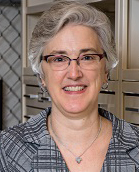
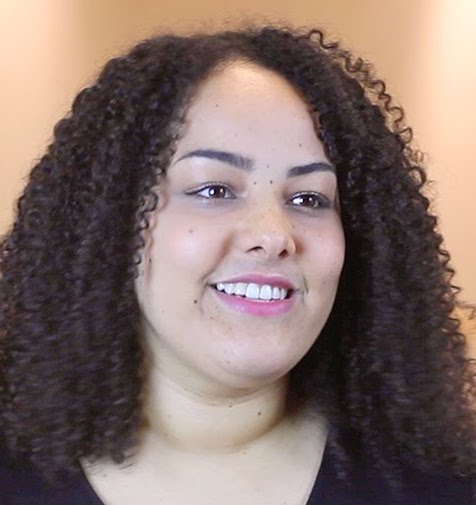
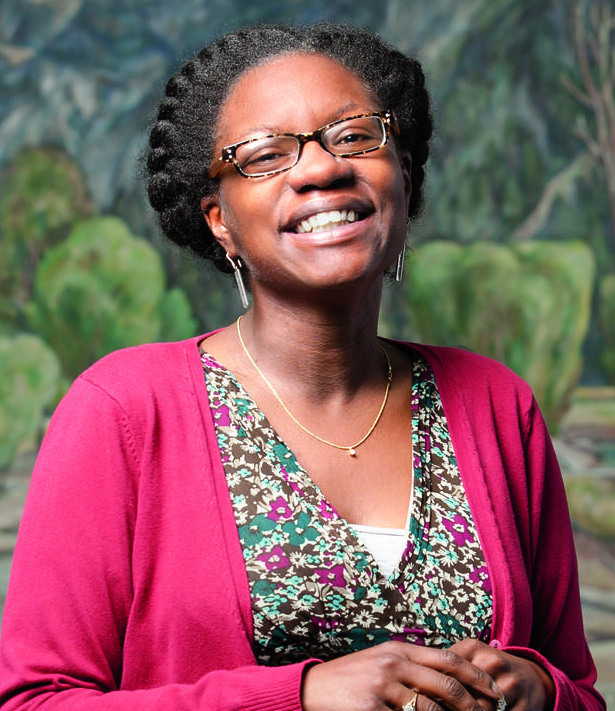 Turkiya Lowe is National Park Service national chief historian. Previously, she was NPS chief historian for the southeast region, managing history and cultural anthropology programs for 67 national parks, and earlier served as regional program manager for the National Underground Railroad Network to Freedom Program. Lowe will discuss recent and proposed exhibitions and memorials about slavery, Emancipation, Reconstruction, and Jim Crow.
Turkiya Lowe is National Park Service national chief historian. Previously, she was NPS chief historian for the southeast region, managing history and cultural anthropology programs for 67 national parks, and earlier served as regional program manager for the National Underground Railroad Network to Freedom Program. Lowe will discuss recent and proposed exhibitions and memorials about slavery, Emancipation, Reconstruction, and Jim Crow.
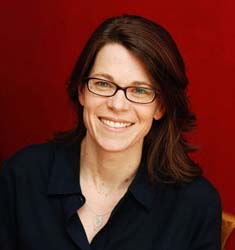 Susan Schulten is professor and chair of the history department at the University of Denver. She is author of A History of America in 100 Maps (2018), the award-winning Mapping the Nation: History and Cartography in Nineteenth-Century America (2012) and The Geographical Imagination in America, 1880-1950 (2002). Schulten will lecture on the mapping of the Civil War and the Civil War West.
Susan Schulten is professor and chair of the history department at the University of Denver. She is author of A History of America in 100 Maps (2018), the award-winning Mapping the Nation: History and Cartography in Nineteenth-Century America (2012) and The Geographical Imagination in America, 1880-1950 (2002). Schulten will lecture on the mapping of the Civil War and the Civil War West.
 Scott Manning Stevens is associate professor and director of Native American and indigenous studies at Syracuse University. He is co-author of Art of the American West: The Haub Family Collection at the Tacoma Art Museum (2014), and Home Front: Daily Life in the Civil War North (2013), and co-editor of Why You Can't Teach United States History without American Indians (2015). Stevens will discuss the visualization of Indian resistance in the Civil War era.
Scott Manning Stevens is associate professor and director of Native American and indigenous studies at Syracuse University. He is co-author of Art of the American West: The Haub Family Collection at the Tacoma Art Museum (2014), and Home Front: Daily Life in the Civil War North (2013), and co-editor of Why You Can't Teach United States History without American Indians (2015). Stevens will discuss the visualization of Indian resistance in the Civil War era.
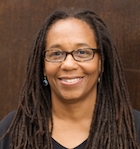
Institute Director

